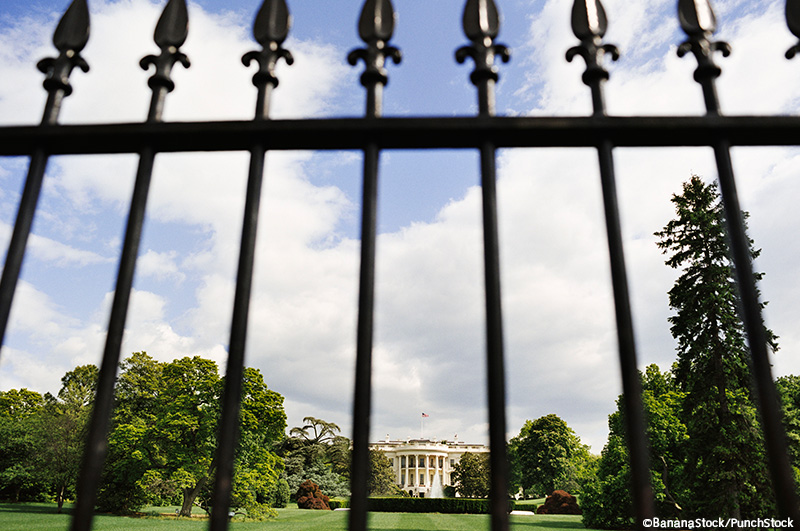- Current Events New Alabama Congressional District Selects Candidates
- Current Events Nebraska Rejects Winner-Take-All Proposal
- Citizenship Voting Under Age 18
- Citizenship Citizenship in Action
- Democratic Party Biden’s and Trump’s Recent Primary Results
- Elections Trump and Biden Win South Carolina and Michigan Primaries
Pardon Me: A Look at Trump’s Presidential Pardons
Last week, President Donald Trump announced that he would use his executive power to pardon Dinesh D’Souza, a conservative commentator and filmmaker who plead guilty to campaign finance fraud in 2014. This decision has raised questions among his critics of whether or not the president is misusing his power to pardon. Here, Election Central takes a look at the presidential pardon and what it means for Trump.
Who Has Trump Pardoned?
As of last week, Trump has made five official pardons. These are: former Sheriff Joseph Arpaio (convicted of criminal contempt of court); former U.S. Navy sailor Kristian Mark Saucier (convicted of unauthorized retention of national defense information); former vice presidential adviser to Dick Cheney, “Scooter” Libby (convicted of lying to special counsel); heavyweight boxing champion Jack Johnson (convicted in 1913 of transporting a white woman across state lines–he was pardoned posthumously); and Dinesh D’Souza (convicted of campaign finance fraud).
Is This Legal?
Yes . . . but not exactly typical. Article II of the United States Constitution gives the president the right to pardon anyone for any federal crime, except for impeachment. Otherwise, there are no restrictions. However, while Trump is within his legal rights, he is avoiding necessary procedures in a way that raises the eyebrows of some experts. The Justice Department has an Office of the Pardon Attorney, whose job it is to recommend to the president who should be pardoned, and which lays out the process for pardon applications.
This whole process is quite lengthy–it usually involves a five-year waiting period–and the person being considered for pardon has usually apologized. Not so with Trump’s pardons. Not only has he bypassed the entire process, but the people he has pardoned haven’t even necessarily expressed any remorse over their crimes. Also, the last three U.S. presidents all waited at least two years before issuing their first pardon. Trump has issued five already.
Is This “Right”?
Most people agree with Trump’s decision to pardon Jack Johnson–the first African American heavyweight champion, whose conviction was racially motivated. It is his other pardons that are more controversial. One major concern many people have with Trump’s other pardons is that they have all been extremely political, or sent an extremely political message. Former Sherriff Arpaio, for example, was imprisoned because he ignored a court order to stop racially profiling Latinos.
Trump has also hinted that he might pardon Martha Stewart, as well as former Illinois governor Rod Blagojevich, who was convicted of trying to “sell” Barack Obama’s former Senate seat. Interestingly, Blagojevich appeared on Trump’s TV show, “Celebrity Apprentice,” while Martha Stewart hosted a spinoff of “The Apprentice”–giving even more credence to the argument that Trump is using his power of presidential pardon to excuse his friends and associates.



